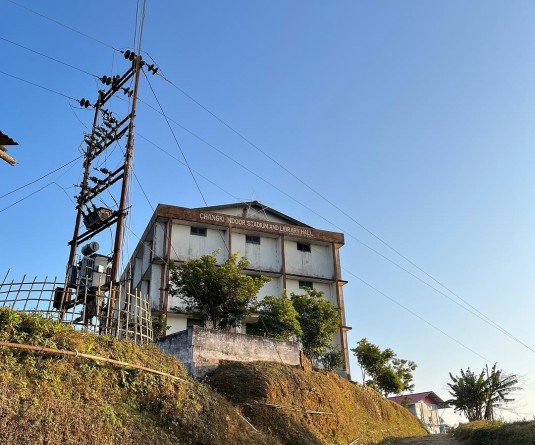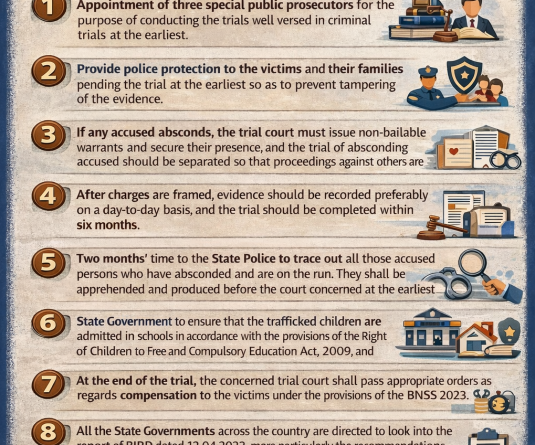
“Codifying the cultures and religious practices of the majority amounts to violation of the fundamental rights of the marginalized minority peoples”
DIMAPUR, NOVEMBER 19 (MExN): The Nagaland Baptist Church Council (NBCC) on Friday voiced out that it opposed in totality the move of the Government of India to introduce a uniform civil code in the country.
“The uniform civil code which seeks to impose a universal civil code by codifying the cultures and religious practices of the majority amounts to violation of the fundamental rights of the marginalized minority peoples,” said the NBCC, breaking its silence on the issue, in a statement addressed to the Law Commission of India on Friday.
It should be noted that the present BJP led Government at the Centre had initiated the process of codification of a uniform civil code so-as-to stay true to its election campaigns as promised. It has sent out questionnaires through the Law Commission to seek the opinion of the civil societies, faith-based organizations and public individuals on the issue.
On the appeal sent out by the Law Commission on the issue of uniform civil code that, “the objective behind this endeavour is to address discrimination against vulnerable groups and harmonise the various cultural practices,” the NBCC acknowledged the “purported good intention” of the Commission.
It espoused hope that this effort will harmonize the already polarized nation through religious and social dominance and intolerance of the majority and which have caused religious and social disparities, creating fear psychosis among the minority groups in the big nation, India.
At the same time, the NBCC questioned if the proposed uniform civil code to avoid plurality of religious and cultural laws amount to silencing the rights of the marginalized communities and the vulnerable groups by taking away their socio-religious-cultural rights.
The NBCC pointed out that the complexity not only lies in the social and religious diversities of her (India) citizens, but it will also affect the everyday functioning of the minority communities in the country. “These are not only presumptuous fears; in reality too, the uniform civil code will certainly undermine the social and religious practices of the minorities by the dominance and intolerance of the majority,” the NBCC said.
In the second, the NBCC maintained that there is the great need to ensure that “the norms of no one class, group or community dominate the tone or tenor of family law reforms” as stated by the Law Commission of India.
Bringing historical reference, it recalled that the British-India (1757-1858) had some success in reforming the Indian religious and socio-cultural practices in those days but confined themselves to the area of the dignity of life and doctrine of positive and effective living. “On critical issues, touching the personal life and religious practices of the Indians were left outside the preview of the Government for reason best known to them.”
The assumption is for the fear of civil unrest, the NBCC explained while adding that in the process, the Government separated the religious and socio-cultural spheres and the same were left to be governed by each religious group such as Hindus, Muslims, Christians and later the Parsis.
These religious and cultural laws were applied by the local courts or panchayats in regular cases and the state was only to intervene in exceptional cases.
“The uniform civil code, therefore, if brought about, would stand to nullify this aspect and give a blanket cover throughout the territory of India with a particular culture or religion,” it said.
Hence, instead of establishing a uniform civil code to create further animosities, the NBCC suggested that the fear and insecurity amongst the minorities in the country should be diffused by putting into action unity in diversity and peaceful coexistence, which India has always stood for.
“Tolerance and respect for all regardless of religious and social affiliations must become the order of the day. Leave religion, be it Hinduism, Muslim, Christianity and Parsism or any other religion to flourish in its own terms and conditions. We assure you that no religion in its truest sense works to harm and dominate others.”
Towards this, the NBCC espoused trust that India being a secular country, will not codify religious and socio-cultural practices into a single entity, and create more discrimination for the marginalized who are already feeling the pinch of religious and social majority in the country.





